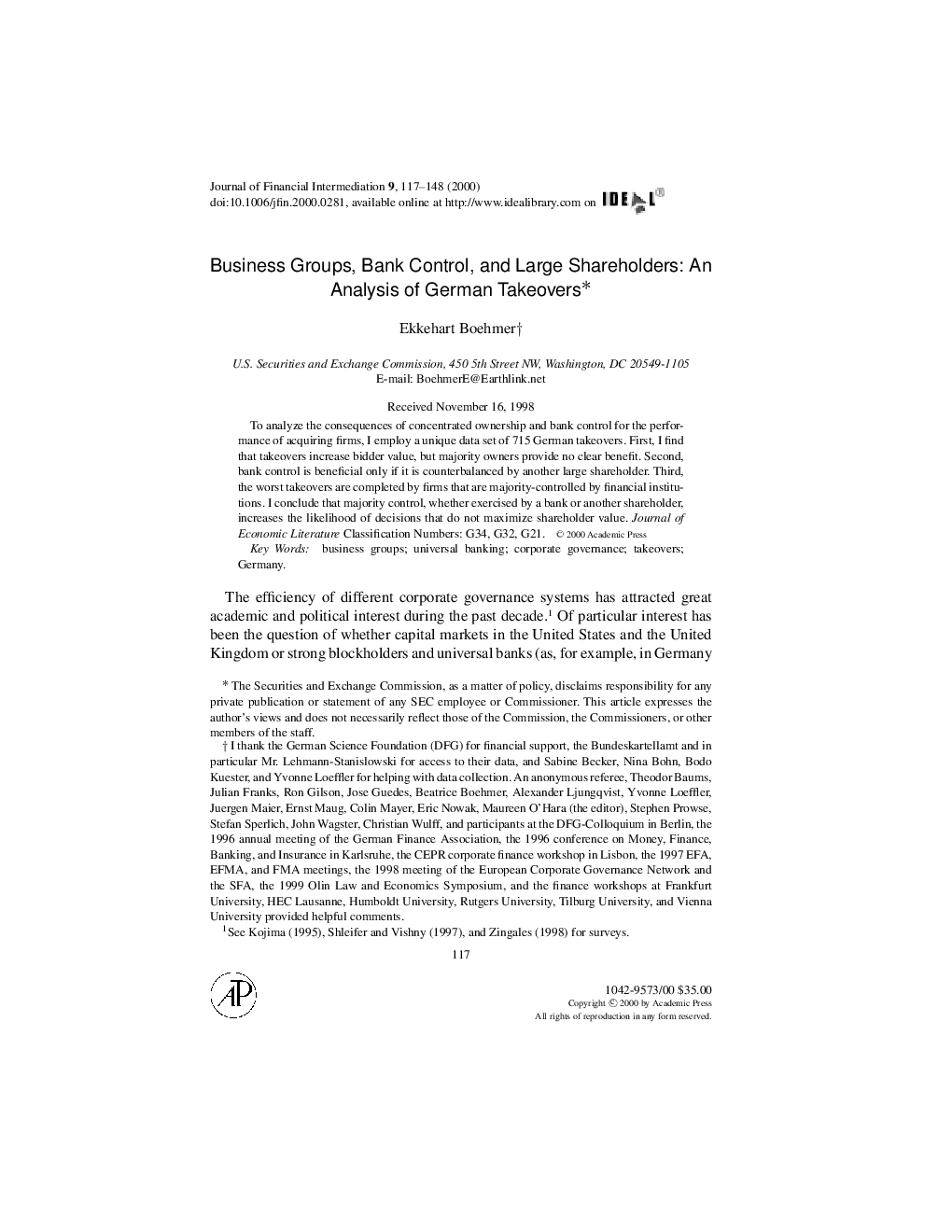ترجمه فارسی عنوان مقاله
هزینه های تامین اجتماعی و رشد اقتصادی: یک ارزیابی تجربی
عنوان انگلیسی
Social security expenditure and economic growth: an empirical assessment
| کد مقاله | سال انتشار | تعداد صفحات مقاله انگلیسی |
|---|---|---|
| 23998 | 2000 | 27 صفحه PDF |
منبع

Publisher : Elsevier - Science Direct (الزویر - ساینس دایرکت)
Journal : Research in Economics, Volume 54, Issue 3, September 2000, Pages 249–275
ترجمه کلمات کلیدی
هزینه های امنیت اجتماعی - رشد اقتصادی - رشدتجربی
کلمات کلیدی انگلیسی
Social security expenditure, economic growth, growth empirics

